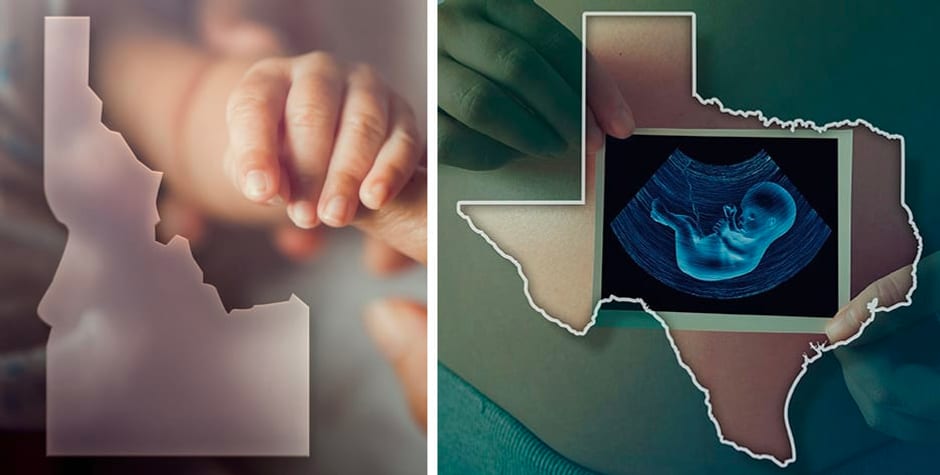A Tale of Two Courts: Federal Judge Upholds Texas Abortion Ban While Another Federal Judge Partially Blocks Idaho’s at the Biden Administration’s Request – Under the Same Federal Law
Recently, the Biden Department of Health and Human Services (HHS) “announced new guidance and communication” claiming that “federal law preempts state abortion bans when needed for emergency care.” Secretary Becerra stated: “We are reinforcing that we expect providers to continue offering [abortion] services.” In response to the new guidance, Texas filed suit against Secretary Becerra and HHS to prevent the Biden Administration from enforcing the new pro-abortion guidance. On August 23rd, a federal judge in Texas rejected the Biden Administration’s attempts to preempt the state’s abortion regulations.
The guidance that HHS issued is based on the Emergency Medical Treatment and Labor Act (EMTALA), which requires emergency room physicians to provide medical care regardless of a patient’s ability to pay, and mandates that ER physicians perform abortions in a medical emergency—as defined by EMTALA—if they believe it necessary to stabilize a pregnant woman. However, the decision, which applies only in the state of Texas, held that the HHS guidance “goes well beyond EMTALA’s text, which protects both mothers and unborn children, is silent as to abortion, and preempts state law only when the two directly conflict.” Since EMTALA does not address abortion, the judge ruled that the guidance cannot “create a conflict with state law where one does not exist,” thereby preventing the federal government from superseding a valid state law in Texas’s new abortion ban.
The pro-life victory in Texas was followed shortly thereafter by the decision of a federal judge in Idaho that stops the enforcement of Idaho’s new abortion ban. The ACLJ filed an amicus brief in this case, urging the court to deny the Department of Justice’s (DOJ) petition to enjoin the Idaho law. In our brief, we explained that the DOJ was merely trying to force “compliance with the [Biden] Administration’s preferred abortion policy by hauling a sovereign state into federal court seeking equitable relief for violations of EMTALA that may never occur.”
We further stated that such a tactic by the DOJ constituted an attack on federalism and the separation of powers—two fundamental components of the American constitutional republic—quoting the Ninth Circuit Court of Appeals, which has appellate review over decisions in Idaho district courts: “The need to protect the individual branches of government from intrusion is a task not to be taken lightly. Just as any potential abuse of the judiciary must be curbed, any attempt by the executive branch to encroach in an area properly reserved for Congress must be scrutinized with caution, for what is at stake is the equilibrium established by our constitutional system.”
The Idaho judge, aware of the recent decision in Texas, ruled that EMTALA and the Idaho law are in conflict with each other, making compliance with both impossible. While EMTALA requires whatever medical care is necessary to prevent serious bodily injury, the Idaho law only permits abortion as an emergency procedure to prevent the mother’s death. The judge held that, in light of this tension between the federal and state laws, there would be immense questioning about the required care for pregnant women in medical emergencies if the Idaho law were not blocked.
If the Idaho Attorney General chooses to appeal the decision in this case, the ACLJ will look into filing another amicus brief, this time urging the Ninth Circuit Court of Appeals to reverse the lower court’s order and lift the injunction, thereby allowing the state law to go into effect. Likewise, if the Biden Administration tries to appeal the Texas ruling, we will file an amicus brief in the Fifth Circuit to uphold the Texas law.
